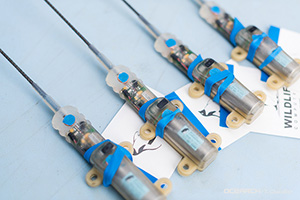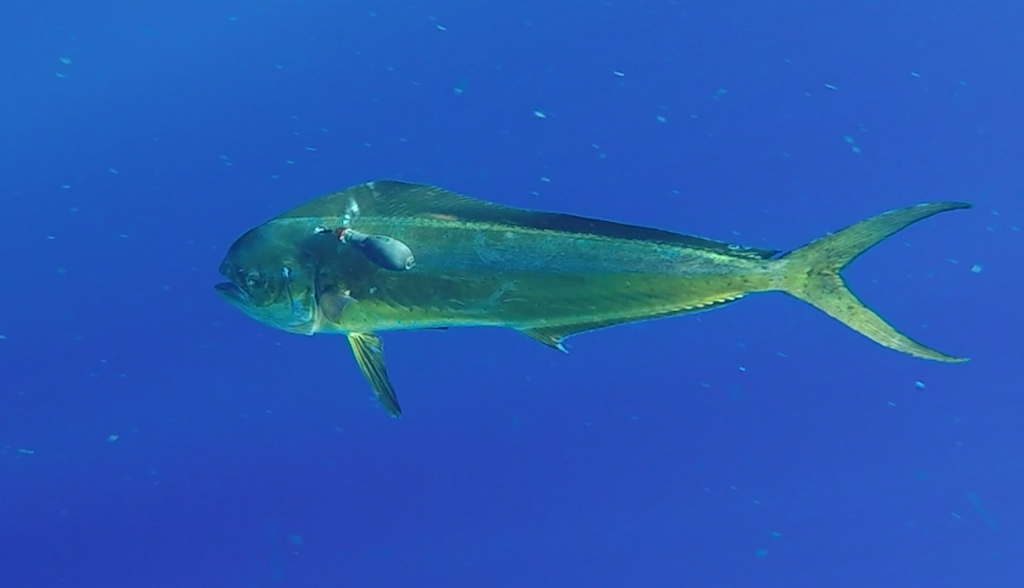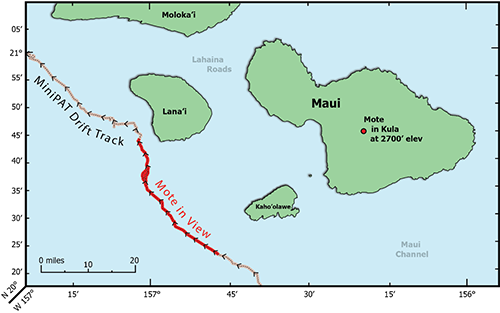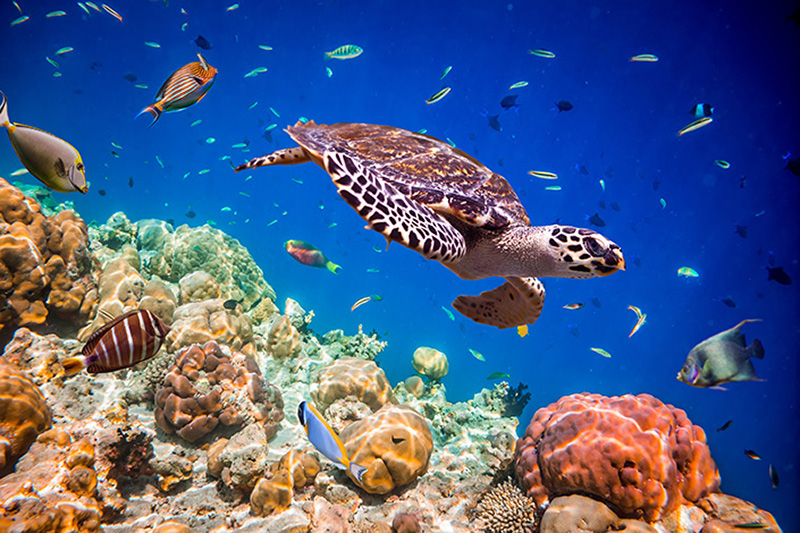Wildlife Computers Data Portal Updates
Over the last few months, Wildlife Computers made some cool updates to the Wildlife Computers Data Portal and Tag Agent software. Download Tag Setting Record Users now have the ability to download a record of their tag settings. If you are working in Tag Agent and are...




